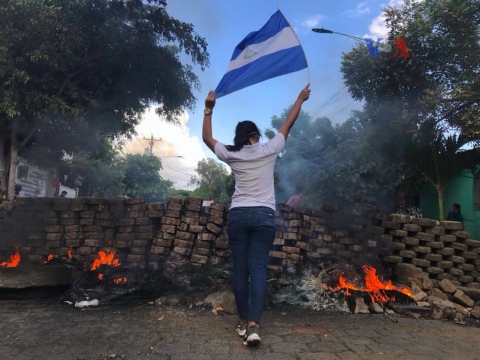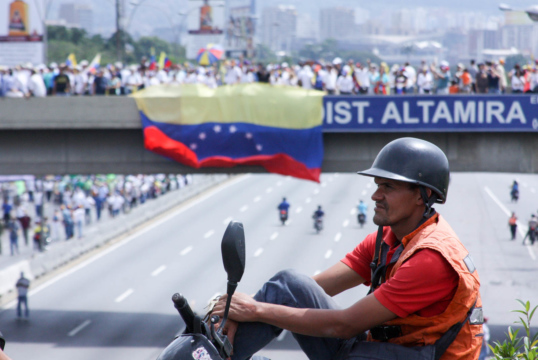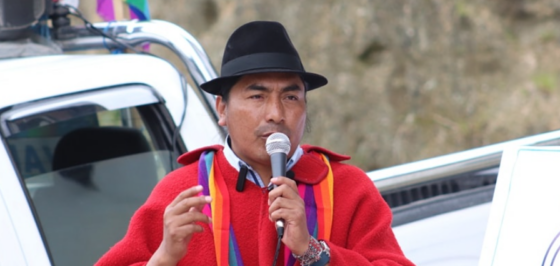
What Do Protests Mean for Ecuador’s Mining Industry?
A Latin America Advisor Q&A featuring experts’ views on protests by Indigenous groups against mining projects in Ecuador.
A Latin America Advisor Q&A featuring experts’ views on protests by Indigenous groups against mining projects in Ecuador.
Building on our December event “Peru’s Precarious Politics – The Crisis Deepens,” the Inter-American Dialogue hosted a follow-up panel discussion on Peru’s ongoing social and political crisis.
Tamara Taraciuk Broner, director of the Peter D. Bell Rule of Law Program of the Inter-American Dialogue provided her analysis on the situation in Cuba. The conversation covers analysis on the latest developments in Cuba. What is happening with the protests and what elements should be observed? How does the picture look from the outside? What could be coming and what can be done?
A Latin America Advisor Q&A featuring experts’ views on Colombian President Gustavo Petro’s proposed health care reforms, and why they are so controversial.
Michael Shifter, senior fellow at the Inter-American Dialogue and adjunct professor at Georgetown University, joined Al Jazeera for an interview to discuss the roots of the ongoing crisis in Peru and the Boluarte administration’s handling of the situation.
A Latin America Advisor Q&A featuring experts’ viewpoints on protests affecting Peru’s copper mining industry.
On May 27, 2021, the Inter-American Dialogue in collaboration with the Wilson Center hosted “A Conversation with Iván Duque Márquez, President of the Republic of Colombia,” hosting President Duque for a wide-ranging discussion on recent massive street protests in the country and the government’s efforts to calm tensions through national dialogue with protest leaders and the country’s youth.
What is at the root of citizens’ discontent in Colombia, and will the nation see the same sort of violence than other countries in South America?
Are there common trends that can be identified among the different protests sweeping the region?
Six trends and one consideration regarding political change for a regime that is unsustainable over the long term.
On December 20, 2018, the Inter-American Dialogue and Reporters Without Borders hosted an event at the Dialogue titled “Attacks on Press Freedom and Civil Society in Nicaragua.”
On June 4, the Inter-American Dialogue hosted an event titled “Violence and the Democratic Transition in Nicaragua.” The IACHR documented systematic repression in its May 2018 visit to Nicaragua. The statistics, collected via hearings and testimonials, included 76 dead, more than 450 detained, and the recurrent usage of sharpshooters, torture, and extrajudicial killings.
Addressing the widespread demonstrations taking place in Nicaragua, the panelists discussed the causes of the protests as well as their future implications.
For years, Nicaraguans seemed to tolerate the growing authoritarianism of President Daniel Ortega in exchange for stability and growth. That pact is now crumbling.
The constituyente could set the stage for the Maduro government to consolidate its power, criminalize the opposition, and usher in a new and even darker phase in Venezuela’s crisis.
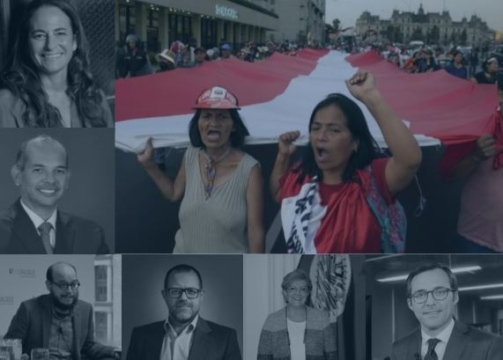 Video
Video
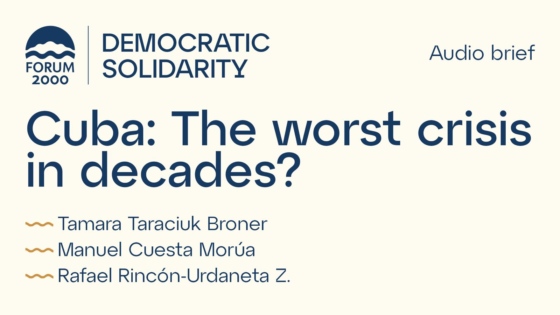 Video
Video

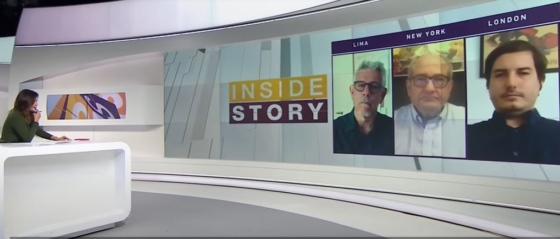
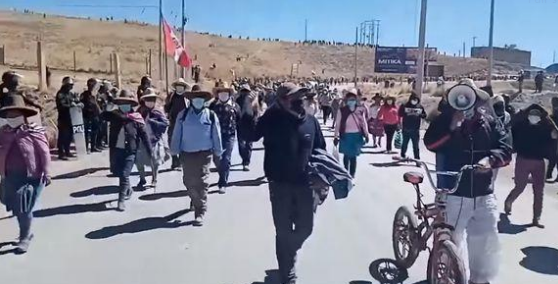
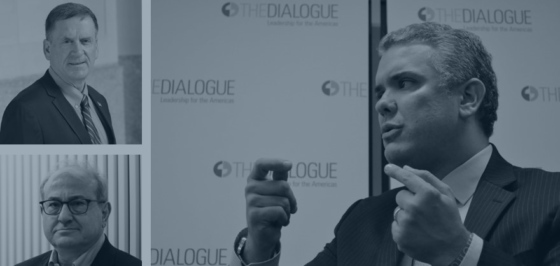 Video
Video
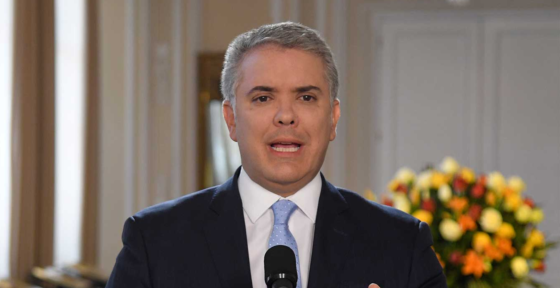
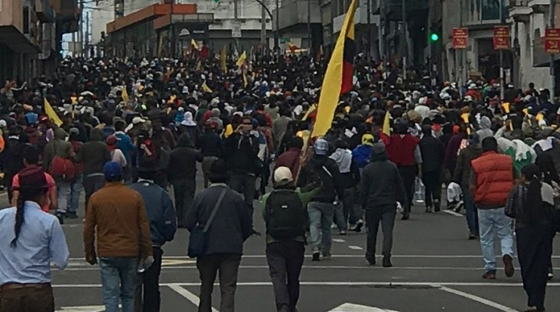
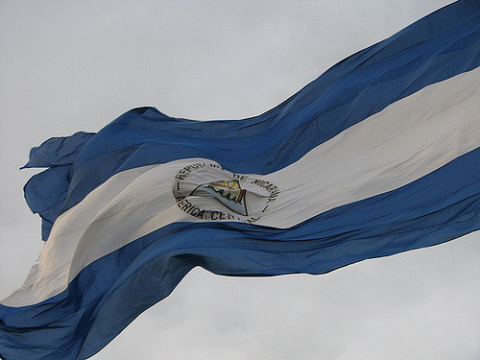
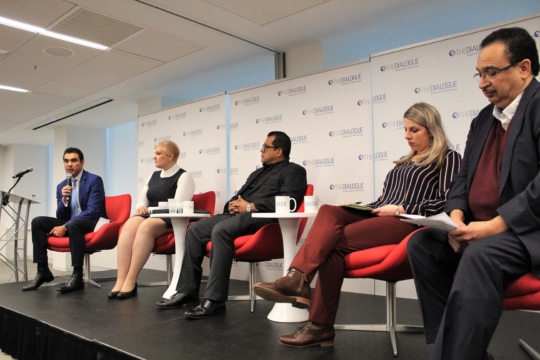 Video
Video
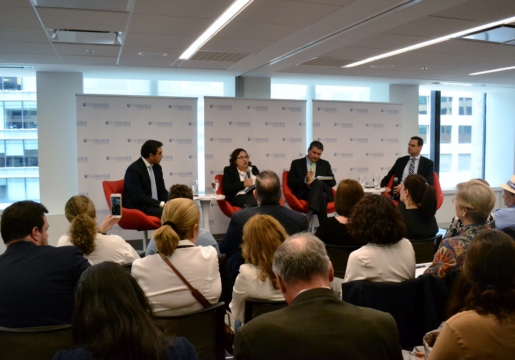 Video
Video
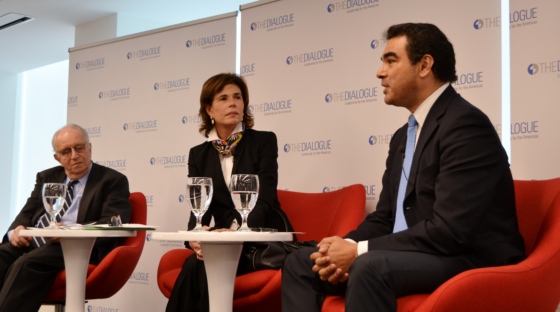 Video
Video
